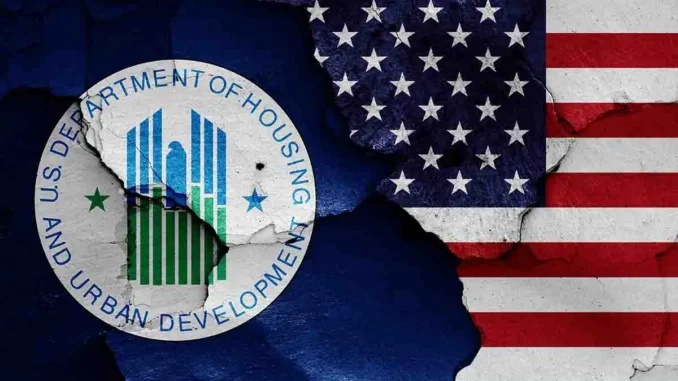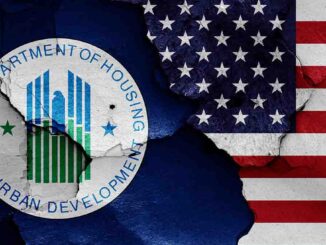
The U.S. Department of Housing and Urban Development (HUD) has over 50 proposed rules in the pipeline in its section of the federal government’s 2023 spring regulatory agenda, released last week by the White House.
Most of the 51 entries dedicated to HUD are in the “proposed rule stage,” the second of five stages involved in the process prior to full implementation and actual regulatory authority. Several of the proposed rules involve easing or streamlining access to HUD programs, with one proposed rule easing access to HUD housing programs for people with criminal histories.
“This proposed rule would require [public housing authorities] and providers of project-based rental assistance to revise practices that unnecessarily prevent individuals who have criminal histories, but who do not pose a risk to the health and safety of other residents from participating in HUD programs,” the proposed rule reads. An initial notice of proposed rulemaking is expected in August.
Another proposed rule “would establish through rulemaking the circumstances in which governmental entities are deriving a prohibited financial benefit” from mortgage insurance for loans involving down payment assistance programs, with an initial notice proposal planned for May 2024.
HUD also plans to modernize processes regarding engagement with mortgage borrowers who are in default, which currently requires a face-to-face meeting between the defaulted borrower, and would permit lenders to employ either telephone or modern videoconferencing services to conduct meetings prior to either foreclosure or assignment of their loan. An initial notice on this proposal is expected this month.
Another rule proposes similar acknowledgments of technological advancement in the delivery of housing counseling services, though counseling agencies serving a client who would prefer in-person counseling sessions would be required to either provide them or refer to a different agency that does.
“This rule would also eliminate the costly requirement to maintain multiple physical office space in every location where services are provided and instead allow participating agencies to use co-working spaces, libraries, and other community facilities if the participating agency does not maintain a facility in the area but wishes to continue to provide in-person services,” the proposed rule reads, with an initial notice expected in July.
Another proposed rule that is in the “final rule” stage would “amend the requirement to register all branches that originate mortgages and/or submit applications for insurance,” the proposal reads. “Additionally, Mortgagees are currently assessed application and annual fees for each authorized branch […]. This rule clarifies that the Department will continue to assess application and annual fees for registered branches.”
The revival of the Affirmatively Furthering Fair Housing Rule is also included in the spring agenda, seeking to focus on “advancing equity and providing access to opportunity for underserved populations in a manner that is more effective in achieving measurable improvements while avoiding unnecessary burden,” it says. Final action on this rule is expected by December.


